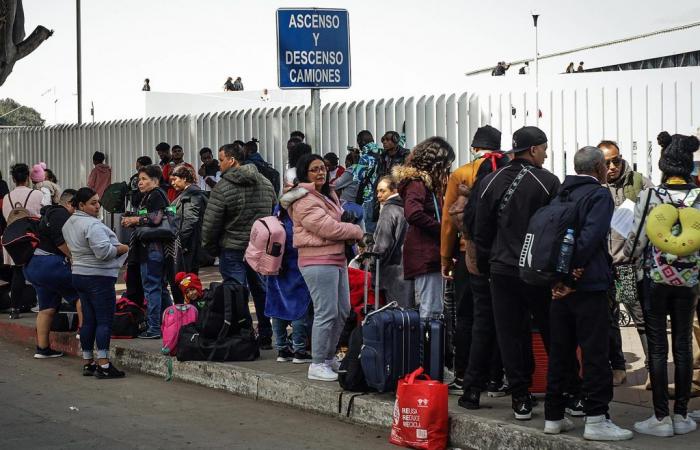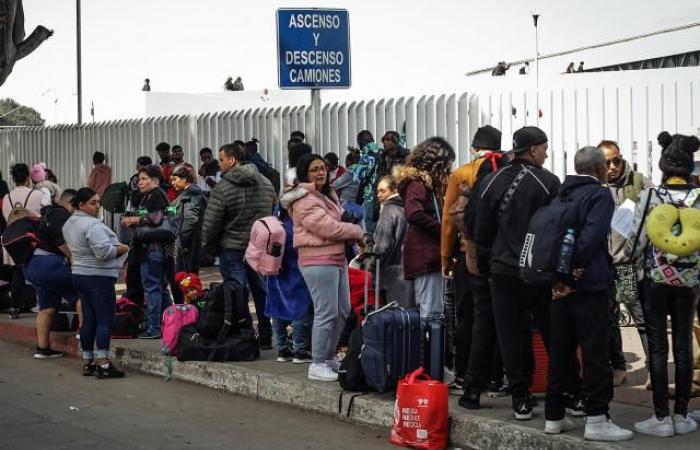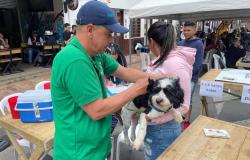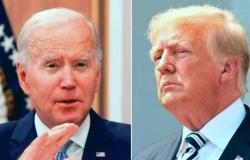Nicolás Maduro went from denying the phenomenon of migration in Venezuela to announcing the creation of a vice ministry to care for those who left the country.
The interesting thing is that he does it in the middle of the electoral period, just when there is just over a month left for the presidential elections on July 28, in which he will seek his second re-election.
In fact, last Saturday, Maduro reiterated his call to Venezuelan migrants to return to the country, which will be, as he expressed, the “astonishment of South America.”
“We had a hard time (difficulties), but it was hard, and we are already improving, recovering, that is why I have told all those Venezuelans, everyone, wherever they are, (…) come,” said Maduro during a political event in a town in Caracas, broadcast on the state channel VTV.
A week ago, the president announced the creation of the Vice Ministry of Care for Venezuelan Migration, which will be in charge of helping those who “had to migrate” and want to return to their country return to that country, although he did not specify when it will be launched. .
The president has already made four commitments to serve the migrant population that decides to return to the country:
1 Provide legal assistance and guaranteed identity so that Venezuelans abroad can have identity documents such as ID cards and passports within national territory.
2 Attention in education. It promises to offer government programs so that returning Venezuelans can complete secondary or university education.
3 Socioeconomic protection. Maduro offers financial aid to the migrant, with or without initial funds, to invest in ventures and businesses.
4 Communication. In this section, the president has indicated that he seeks to provide spaces for dialogue so that, according to him, “the truth is told about our migrants” and that they can return to the country.
For at least a year, Maduro has been in charge of denouncing the xenophobia suffered by Venezuelans abroad. And, since the covid-19 pandemic, he enabled repatriation flights under the name Vuelta a la Patria.
Now, this new mission, of the more than 20 that exist in the country in different areas, will be headed by the director of the Institute of Higher Diplomatic Studies, Pedro Sassone.
But these announcements have generated criticism due to the position that Maduro had in the past with the wave of migration from his country.
“They are going to wash wells in Miami,” Maduro frequently said when referring to migrants, who according to the R4V Platform, made up of United Nations agencies, today number 7.7 million Venezuelans in forced exile.
In 2018, the United Nations Refugee Agency (UNHCR) estimated that 2.3 million Venezuelans had migrated as a result of the economic crisis that hit the country. That number meant 7 percent of the population based on 30 million.
To read the full note click Here







